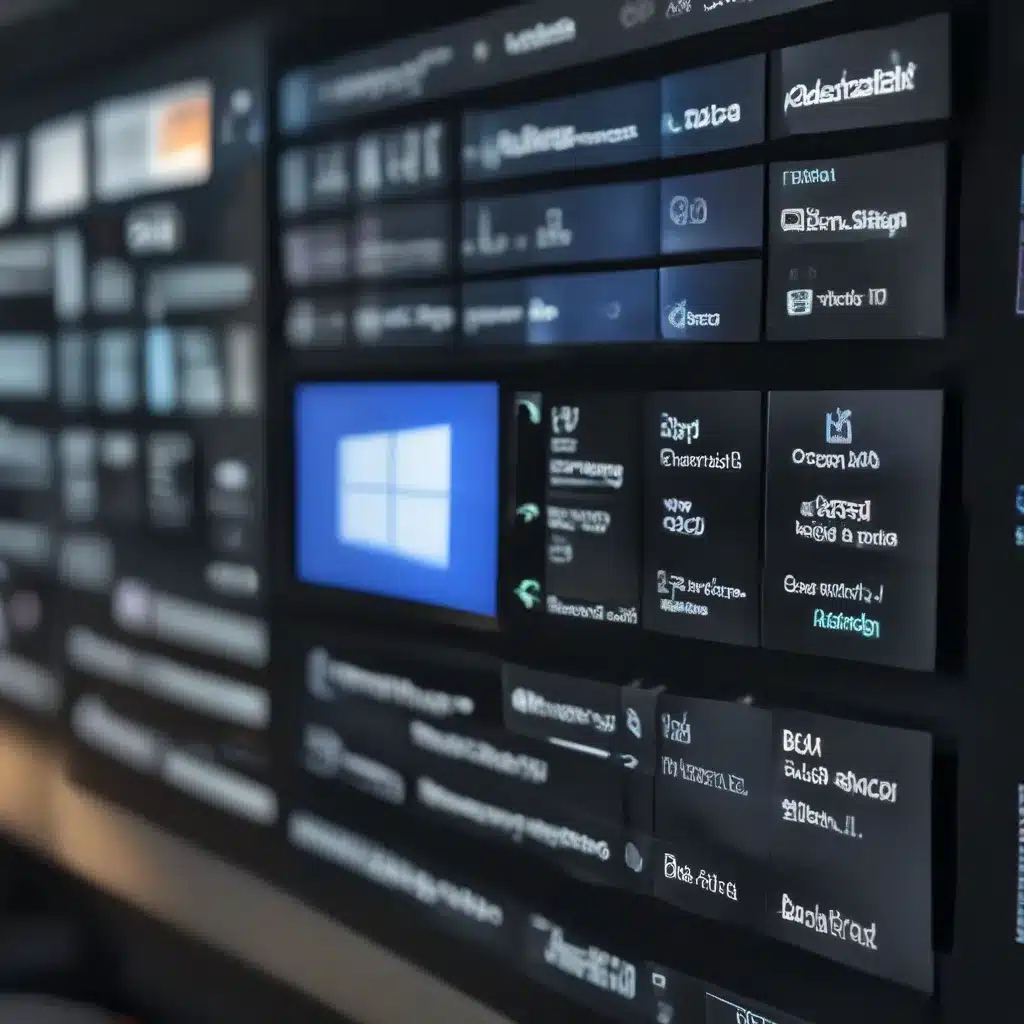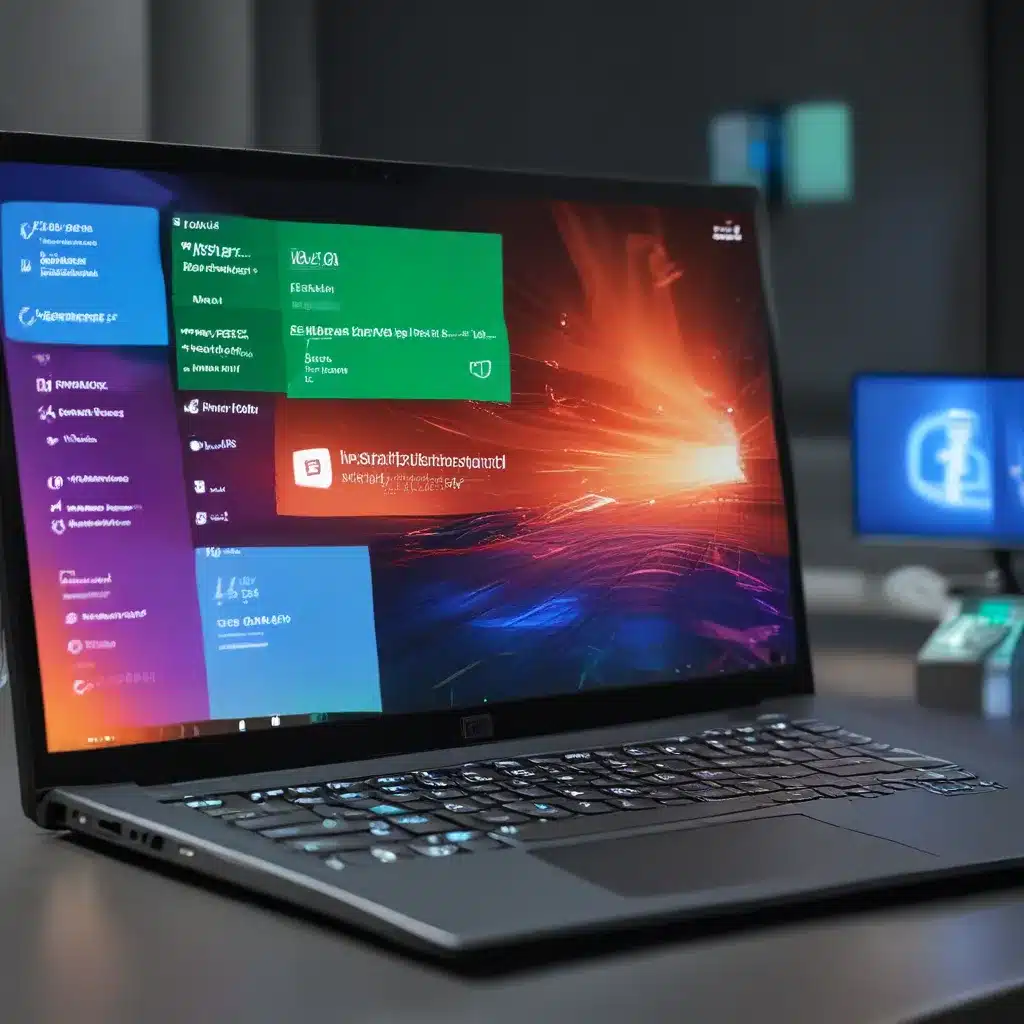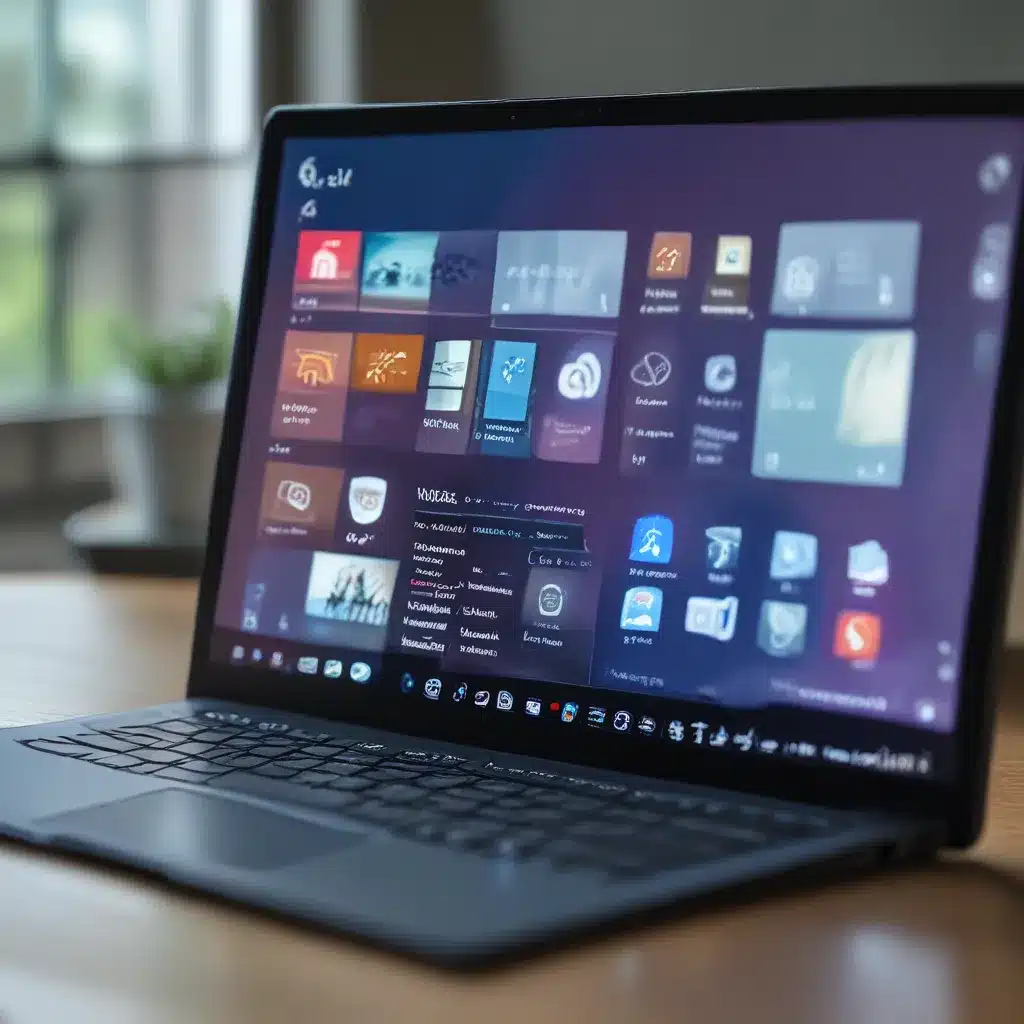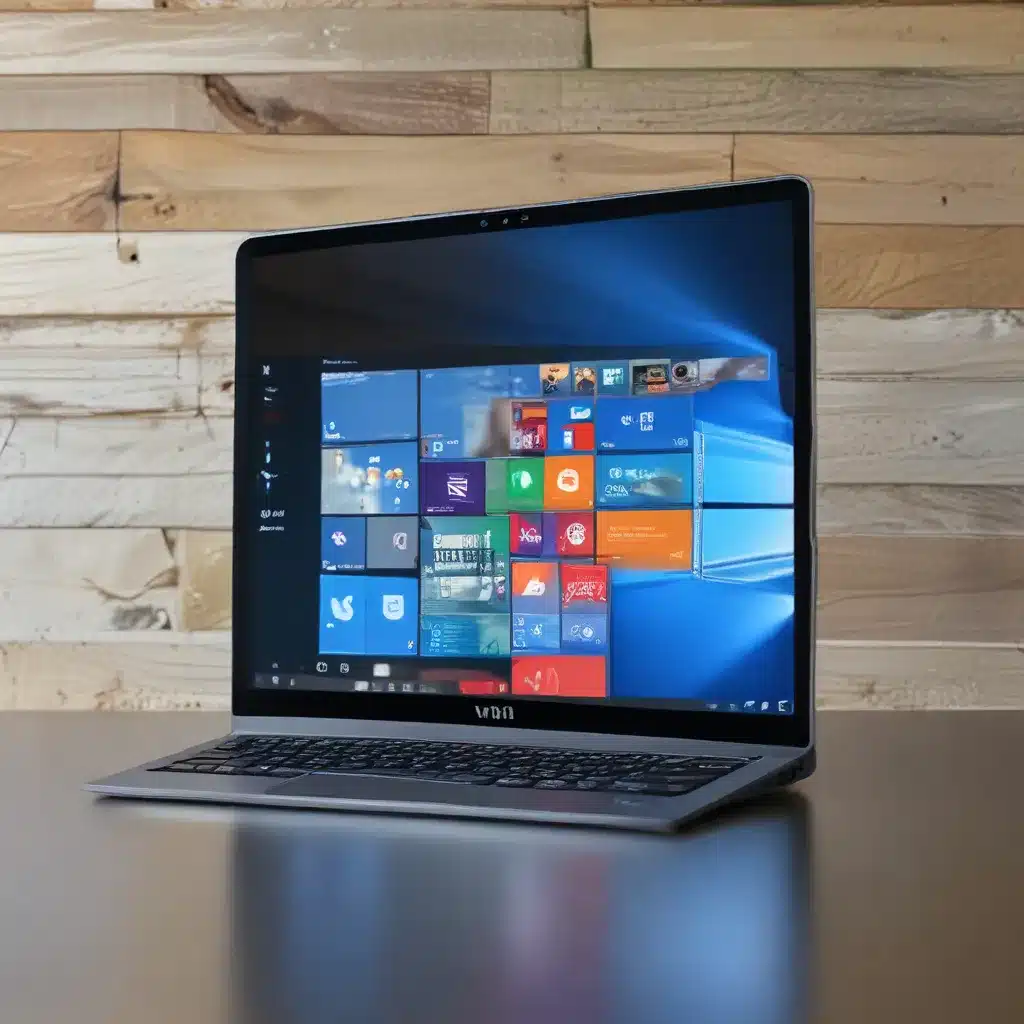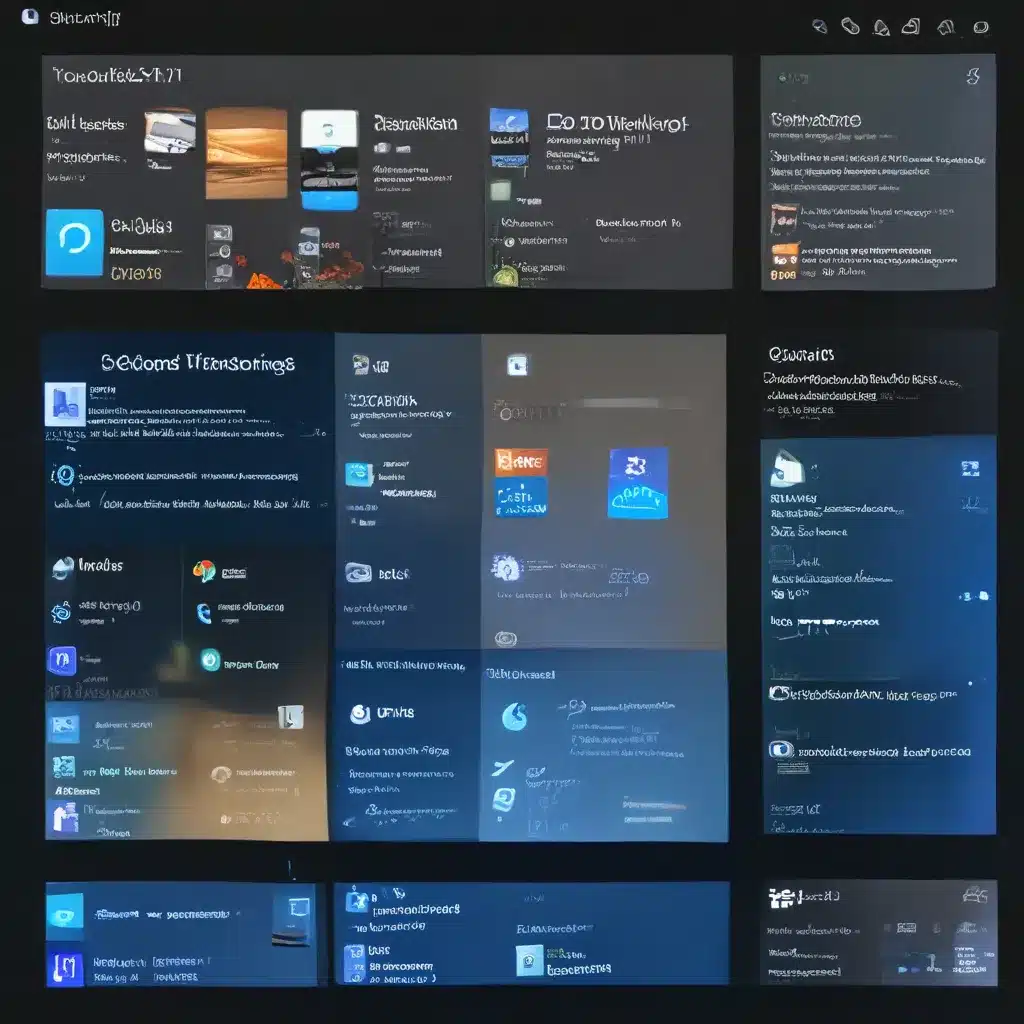The Clash of the Titans
It was a battle that shook the very foundations of the mobile gaming industry – a clash of titans that pitted the juggernaut that is Apple against the upstart powerhouse known as Epic Games. The stakes were high, the tensions were palpable, and the outcome would have far-reaching consequences for developers, consumers, and the entire digital landscape.
As I dove into this epic (pun intended) saga, I couldn’t help but feel a sense of excitement and trepidation. After all, this was no ordinary legal squabble – this was a showdown between two of the biggest names in tech, each armed with an arsenal of legal weapons and a determination to emerge victorious.
It all started in August 2020, when Epic Games, the company behind the wildly popular game Fortnite, decided to take a stand against Apple’s App Store policies. You see, Epic was none too pleased with the 30% cut that Apple took from in-app purchases, and they wanted to find a way around it. So, they did what any self-respecting gaming giant would do – they tried to bypass the App Store’s payment system altogether. [1]
The Battle Begins
The move was a bold one, and it didn’t take long for Apple to retaliate. Within hours of Epic’s update to Fortnite, the game was pulled from the App Store, setting the stage for an epic (pun intended, again) legal battle. [2]
Epic responded by immediately filing a lawsuit against Apple, accusing the tech giant of running a monopoly and engaging in anticompetitive practices. The battle lines were drawn, and the war was on.
In the months that followed, the two companies engaged in a legal tug-of-war, each side presenting their case and trying to sway the courts to their side. Epic argued that Apple’s stranglehold on the App Store was stifling competition and innovation, while Apple countered that their policies were necessary to maintain the security and integrity of their platform. [3]
The Court of Public Opinion
As the legal wrangling continued, the battle spilled over into the court of public opinion. Epic released a parody video called “Nineteen Eighty-Fortnite,” drawing parallels between Apple’s practices and the dystopian world of George Orwell’s “1984.” [4] The video went viral, and suddenly the David-and-Goliath narrative was in full force.
But Apple wasn’t about to go down without a fight. They brought out the big guns, hiring high-profile lawyers and launching a public relations offensive to defend their position. The company argued that their 30% cut was justified, citing the various services and tools they provided to developers as part of the App Store ecosystem. [5]
The Verdict and Beyond
After a lengthy and highly publicized trial, the verdict finally came down in September 2021. In a split decision, the judge ruled in favor of Apple on nine out of ten counts, but found that the company’s anti-steering policies were in violation of California’s Unfair Competition Law. [6]
The ruling was a mixed bag for both sides, with neither party fully emerging victorious. Epic vowed to continue the fight, while Apple claimed the decision as a win for their platform. The battle, it seemed, was far from over.
In the months that followed, the appeals process dragged on, with both sides trading blows in the legal arena. But as the dust settled, it became clear that this was more than just a fight over in-app purchases – it was a battle for the very soul of the digital ecosystem. [7]
The Far-Reaching Implications
The reverberations of the Apple/Epic battle were felt far and wide. Companies like Facebook, Spotify, and the Match Group lent their support to Epic, recognizing the potential impact on their own businesses. [8] Meanwhile, lawmakers took notice, with several bills introduced in the US Congress aimed at addressing the power imbalance between tech giants and app developers. [9]
In the end, the verdict may have been a split decision, but the implications of this battle will be felt for years to come. The future of digital distribution, mobile gaming, and even the broader tech landscape hangs in the balance. [10]
As for me, I can’t help but feel a sense of awe and wonder at the sheer scale of this conflict. It’s a reminder that the digital world is not just a playground for tech titans – it’s a battleground where the very nature of competition and innovation is being fought over. And in that fight, the stakes are higher than ever before.


